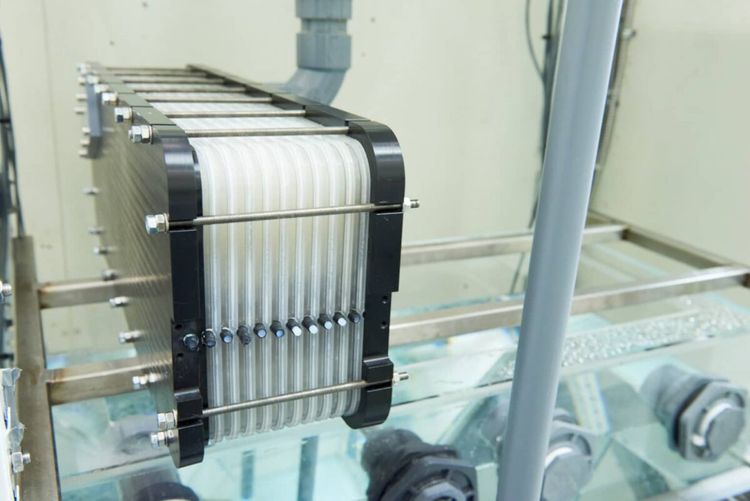Redesigned zinc-air batteries ‘better’ than lithium, say Australian researchers

Scientists at Edith Cowan University in Australia have successfully reengineered zinc-air batteries and have discovered them to be more advantageous than lithium-ion batteries, including for the use in electric automobiles.
August 28, 2023, Bella Peacock
, we learn that the Australian rooftop solar market has experienced a substantial growth in the first half of this year. The nation has installed a record-breaking 563 MW of rooftop solar between January and June 2021, bringing the total installed capacity to a staggering 3.22 GW. This growth can be attributed to various factors, including the declining costs of solar panels, increasing electricity prices, and the desire among households and businesses to reduce their carbon footprint. Moreover, government initiatives and incentives have also played a crucial role in encouraging the adoption of rooftop solar systems. It is evident that Australians are embracing renewable energy as a viable solution for their energy needs. This trend is likely to continue in the coming years as the cost of solar continues to decrease and the benefits of clean energy become more apparent. The Australian rooftop solar market is undoubtedly becoming a force to be reckoned with in the global renewable energy sector.
A group of scientists at Edith Cowan University in Western Australia have revamped zinc-air batteries and assert that they have successfully tackled the notorious restrictions on their power output.
According to Muhammad Rizwan Azhar, who is leading the research, the new design has proven to be highly effective in reducing the internal resistance of batteries. As a result, the voltage of these batteries closely approached the theoretical voltage, resulting in a significant increase in peak power density and an exceptionally long period of stability.
Zinc-air batteries comprise of a negative electrode made of zinc and a positive electrode made of air. The chemical properties offer potential and are much more eco-friendly compared to batteries based on lithium. However, the subpar performance of the air electrodes and their short lifespan have restricted the power output of this technology and thus its overall effectiveness.
Nevertheless, the group from Edith Cowan University claims to have achieved a significant advancement in the field by utilizing a blend of different substances including carbon, more affordable iron, and cobalt-based minerals. This innovation has effectively addressed the aforementioned challenges. Recent research conducted by the team suggests that the improved zinc-air batteries are a more favorable option compared to lithium.
Azhar expressed that rechargeable zinc-air batteries (recognized as ZABs) are gaining attraction due to their economical nature, eco-friendliness, substantial potential energy capacity, and inherent secureness.
Lithium batteries depend on expensive and limited resources, and they also pose safety concerns.
Pv Magazine Special Edition
In the most recent edition of the "In Discussion" segment in pv magazine, we engage in conversations with various individuals regarding their encounters with solar energy. These discussions include the perspectives of a sailor, a duo of travelers exploring overland routes, a mountain climber, and others. Additionally, we put our attention on Africa to explore the reasons why a continent rich in solar energy potential is still behind more advanced economies in terms of the widespread implementation of photovoltaic systems and energy storage.
Azhar stated that there is a growing demand for battery systems that are safer, more efficient, and offer better performance than lithium-ion batteries, as next-generation long-range vehicles and electric aircraft are becoming more popular. By utilizing natural resources like zinc and air from Australia, the cost-effectiveness and feasibility of these innovative zinc-air batteries are further improved for the future.
The information presented here is safeguarded by copyright and should not be reused without authorization. If you are interested in collaborating with us and wish to reuse any part of our content, kindly reach out to us at [email protected].

